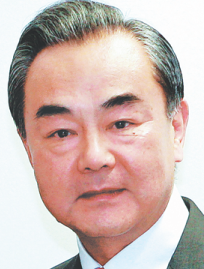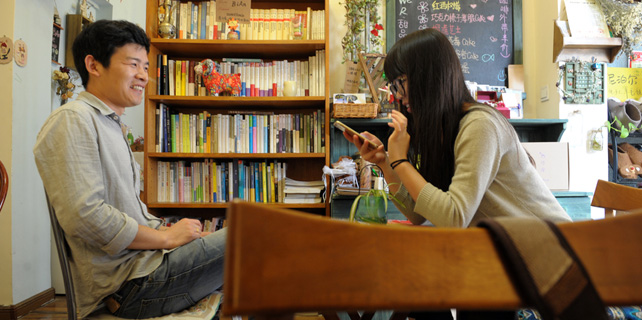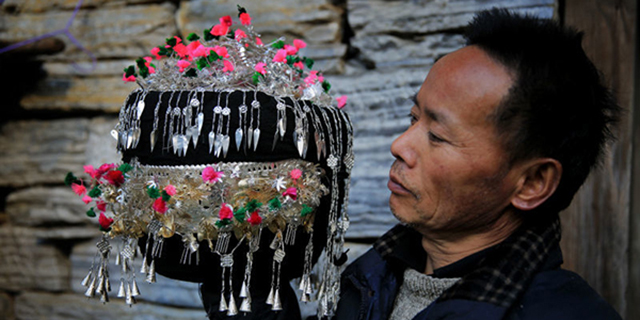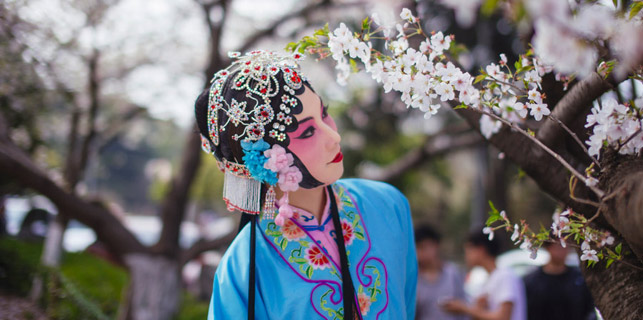Work together to promote and protect human rights
 |
| CHINA DAILY |
In his speech at the UN office in Geneva in mid January, President Xi Jinping addressed in great depth the subject of building of a community of shared future for mankind, which is the call of our time. The speech has been well received by various parties. The vision of a community of shared future for mankind is rooted in the time-honored Chinese civilization and answers the call of the international community for peace, development and cooperation. It puts forth an important pathway for addressing the prominent global challenges and is also highly relevant for improving international human rights governance.
I
"Human rights for all" is a lofty goal that mankind has consistently pursued. After "the scourge of war, which twice in our lifetime has brought untold sorrow to mankind", our forefathers, based on the hard lessons learned, decided to establish the United Nations to "promote social progress and better standards of life in larger freedom". A new chapter was opened in the international human rights cause.
In the past 70-plus years since its inception, the United Nations has witnessed the development and progress of the international cause of human rights. The world has been broadly peaceful and tranquil, people of most countries and regions are free from wars and conflicts, and the right to peace and right to life have been safeguarded on the whole. Guided by the UN Millennium Development Goals, 1.1 billion people around the world have been lifted out of poverty. Net enrollment rate in primary education in developing countries has reached 91 percent, global population with access to drinking tap water has risen by 1.9 billion and 3.5 billion people are now connected to the internet. With tremendous progress achieved in right to survival and right to development, the living standard of people has generally improved worldwide. Building on the historical endeavors, the international community has formulated the 2030 Agenda for Sustainable Development, drawing a grand blueprint to eradicate poverty by 2030. The human rights cause has increasingly become mainstream and international human rights cooperation has enjoyed vigorous development. The principles of impartiality, objectivity and non-selectiveness have become the foundation of UN's work on human rights.
On the other hand, the United Nations has also witnessed risks and challenges to the international cause of human rights in the past 70-plus years. There is still injustice, intolerance and instability in our world today, and lack of adequate balance, coordination and sustainability in development. Over 700 million people still struggle in the extreme poverty and more than 128 million people are in urgent need of humanitarian assistance. Some 65 million people are displaced from homeland, 24 million children in conflict areas cannot go to school. There is a rising tendency to politicize human rights and application of double standards remains rampant. Such a disturbing situation of human rights tests the conscience of mankind and erodes the basic value of human rights. It has also exposed the "governance deficit" in the international cause of human rights.
To safeguard human rights is an important part of building a community of shared future for mankind. We should think about how to enhance and improve global human rights governance and promote sound development of the international cause of human rights to serve the high goal of building a community of shared future for mankind.









